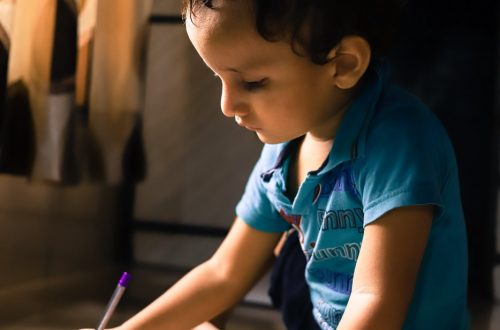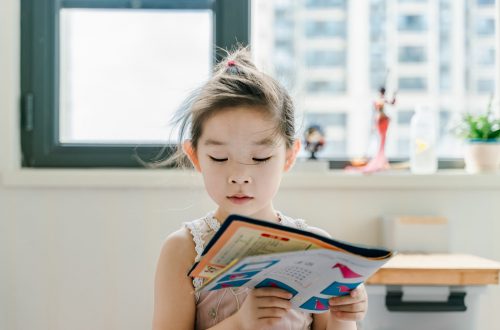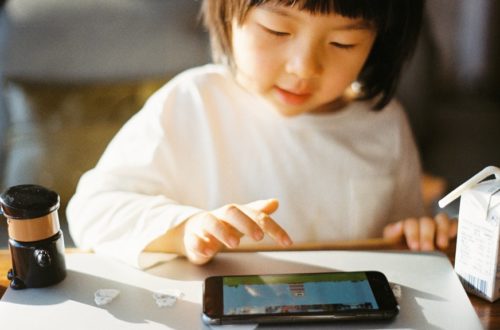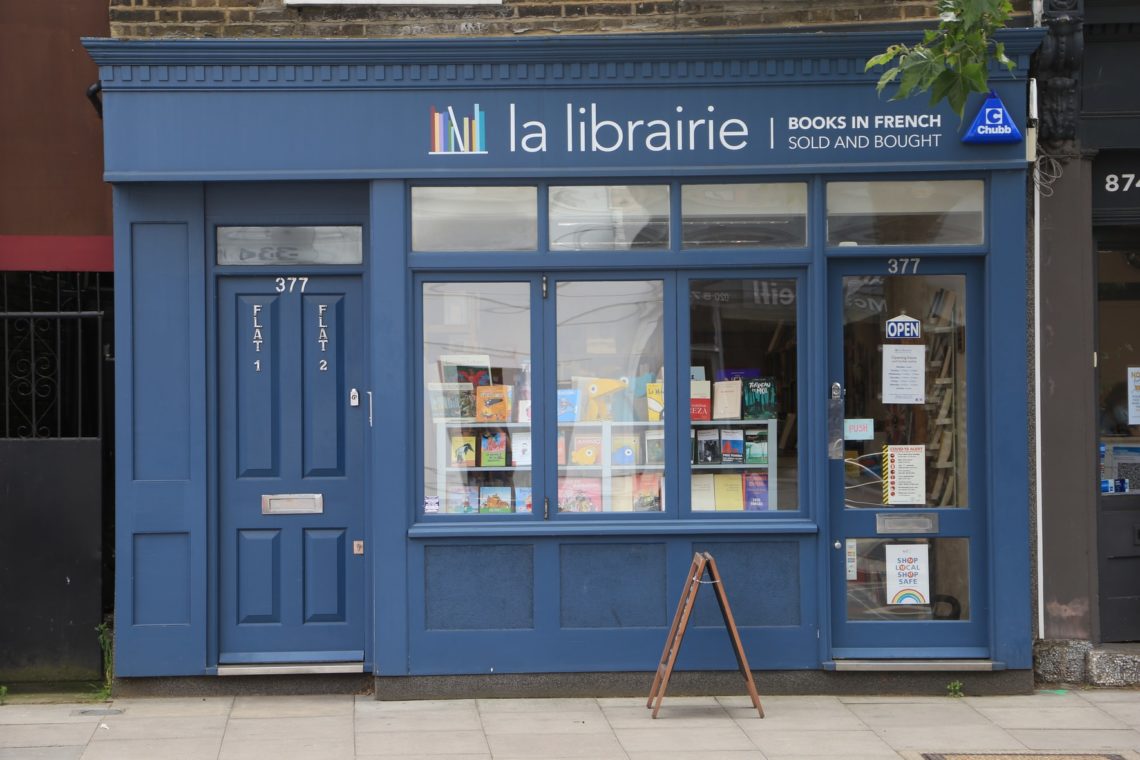
Is Earlier Better for Bilingualism
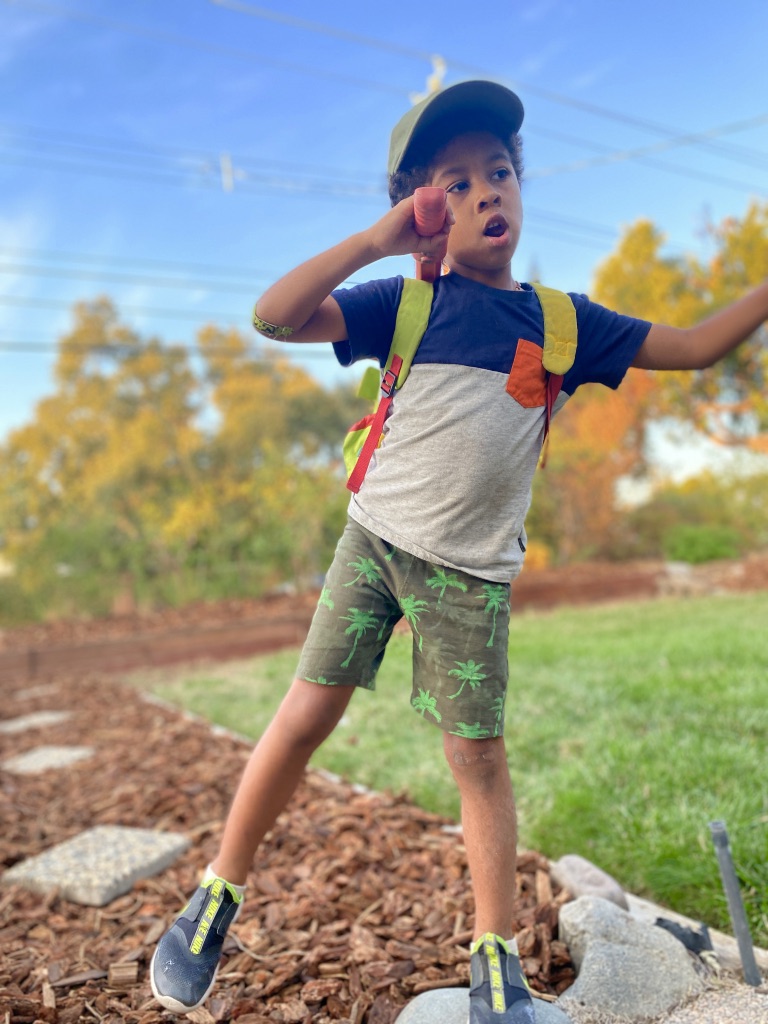
When is the best time to begin learning a new language? Some people believe that it’s impossible to master language learning at a later age. The good news is that belief simply isn’t true. However, research shows that earlier is better. In the article written by Krista Byers-Heinlein and Casey Lew-Williams, Bilingualism in the Early Years: What the Science Says, it states, “There may not be a sharp turn for the worse at any point in development, but there is an incremental decline in language learning abilities with age (Birdsong & Molis, 2001; Hakuta, Bialystok, & Wiley, 2003).” So, if you want your child to be bilingual, it’s better to start early.
Why is earlier better? “Researchers have argued that biological change during the first two decades of life results in a reduced capacity for learning and retaining the subtleties of language (Johnson & Newport, 1989; Weber-Fox & Neville, 2001),” cite the authors. Our brains and our environment are more conducive to language development earlier in life. As infants and toddlers, our children are exposed to a variety of people and situations for language development. They have parents, caregivers, teachers, family members, and friends speaking to them minute by minute in their home, on the playground, in daycare or school, at the store, etc. “It gives children rich, diverse, and engaging opportunities to learn about the sounds, syllables, words, phrases, and sentences that comprise their native language,” states the article. In contrast, older children and adults learning a language typically happens in a controlled environment, like a classroom, where they’re given more concise grammar and rules. As the article relates, “In classrooms, words are defined for them and grammar is described to them. Defining and describing can be effective, but they are not as powerful as discovering language from the ground up.”
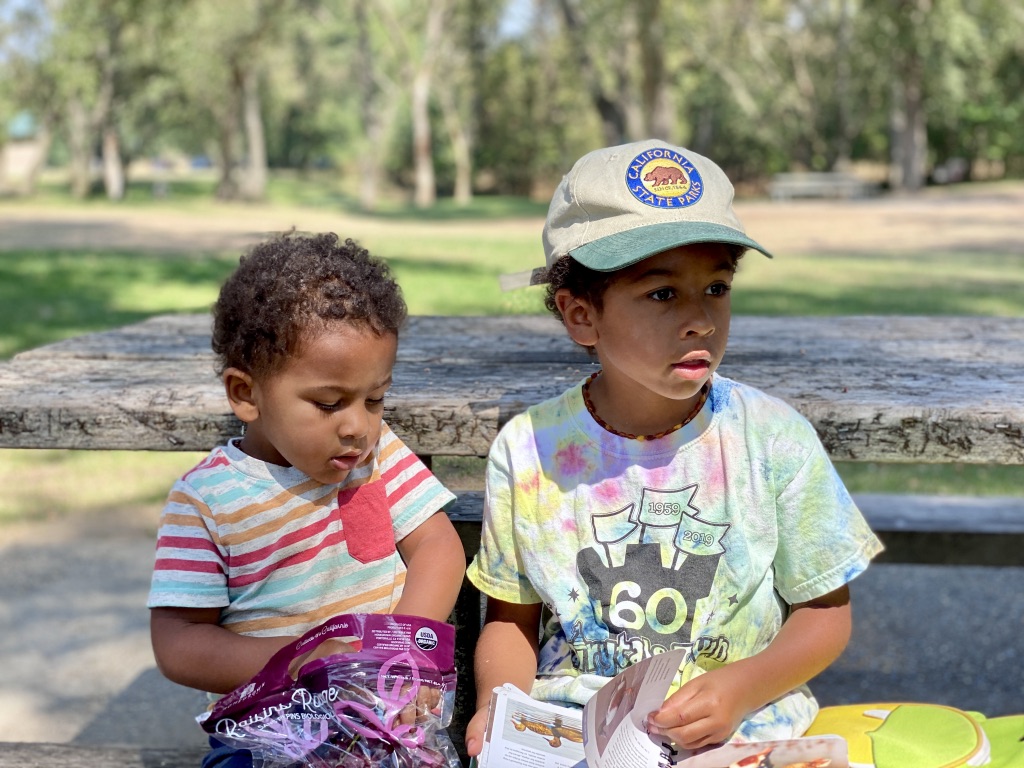
Another advantage is the ability for infants and toddlers to learn more precise use of accents, rhythms, and expression of the new language. Learning two languages at an early age gives bilinguals an edge to actually learn and speak both languages successfully – it allows the child to practice their language constantly with more fun, engaging experiences. Don’t give up hope though if you haven’t begun teaching your child two languages from birth. The authors give ways that parents can ensure their child is bilingually proficient:
- Provide continued opportunities to practice each language once the child is older. Parents can use bilingual childcare or enroll their child in a bilingual preschool.
- Look into language immersion programs in elementary schools. Many countries offer these programs including the United States and Canada. There are currently 434 or more immersion programs in 31 U.S. states (Center for Applied Linguistics, 2011).

The research states that earlier is better for learning a new language. Therefore, if you’re hoping that your child will be bilingual, go ahead and start now. The authors agree, “Language learning becomes more challenging with time, but for those who are motivated, it is never too late to learn a new language.” Have you begun learning a new language? Would you like for your child to be bilingual? When do you plan to start? Connect with us on Twitter @MapsCookingKids or on Instagram @MapsCookingKids. Until next time, Agape, be kind and happy parenting!



